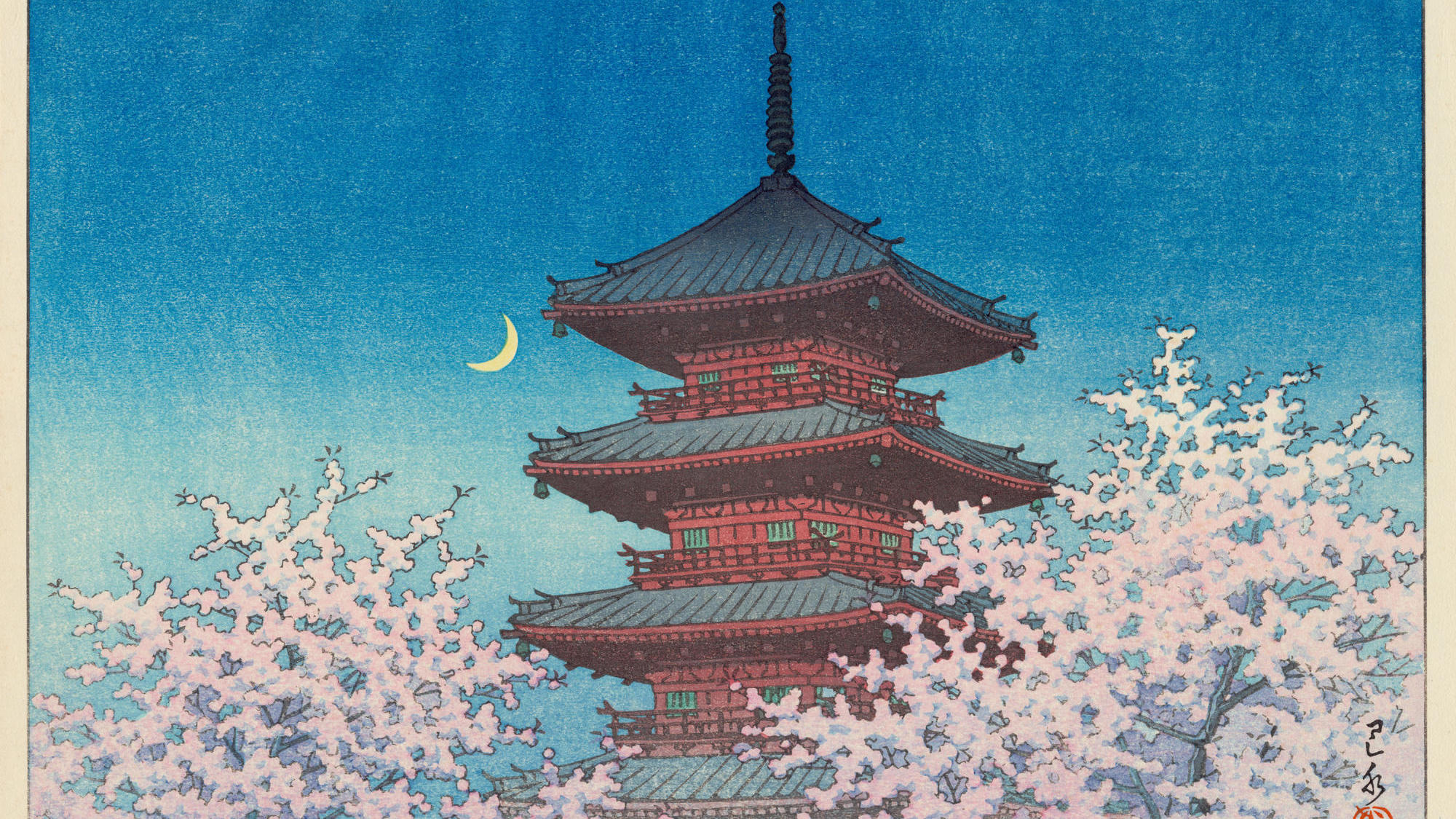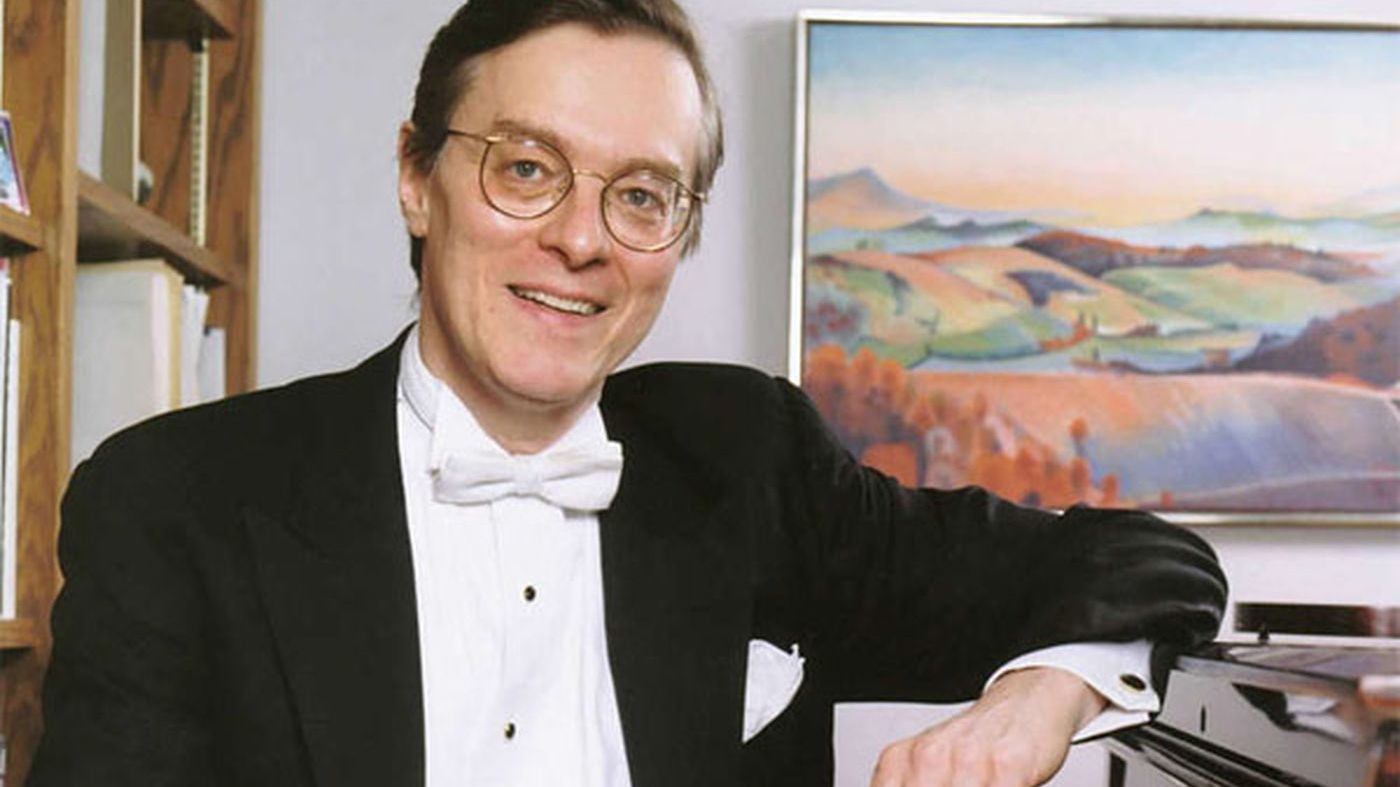Remembering Seiji Ozawa
Seiji Ozawa, the internationally renowned Japanese conductor, passed away in Tokyo last week (February 6, 2024) as a result of heart failure. He was 88. Ozawa’s 29-year tenure as music director of the Boston Symphony Orchestra began in 1973. Prior to the appointment, he served as music director of the Toronto Symphony Orchestra (1965-1969) and the San Francisco Symphony (1970-1977). In 1984, he founded the Saito Kinen Orchestra in Matsumoto, Japan. In …







